Home

Our mission is to extend lifelong learning to Georgia citizens through unbiased, research-based education in agriculture, the environment, communities, youth and families.
In Webster County, corn growers are spending over $1 million annually on irrigation as corn is a crop with a large water demand. After conducting on-farm corn irrigation studies in 2024, it was determined that growers may be able to reduce irrigation by as much as 50%, which could result in savings of up to $500,000 for growers in Webster County.?
Webster County 4-H had 91 students enrolled in the 2023–2024 year. This year, Webster County boasted two State Congress delegates winning 2nd and 3rd place in the state. Webster County also had high participation in summer activities like creek ecology and community service classes.
Some of our most popular services include:
?
?
?
Have questions or want to know more?
?
Upcoming Events
-
Sep 8 - Sep 9 Wildlife Judging Certified Coaches' Training https://georgia4h.org/programs/focus-areas/agriculture-stem/natural-resources/wildlife/
- Watkinsville, GA - (134.0 Miles)
-
Sep 9 Produce Safety Alliance Grower Training A one-day course for produce growers and packers who fall under FSMAs Produce Safety Rule.
- Virtual Event
Free online learning
24/7 Tips to live a more active lifestyle, shop smarter, make healthier food choices, and cook delicious meals on a budget!?Receive free kitchen and fitness items.
Extension News
-
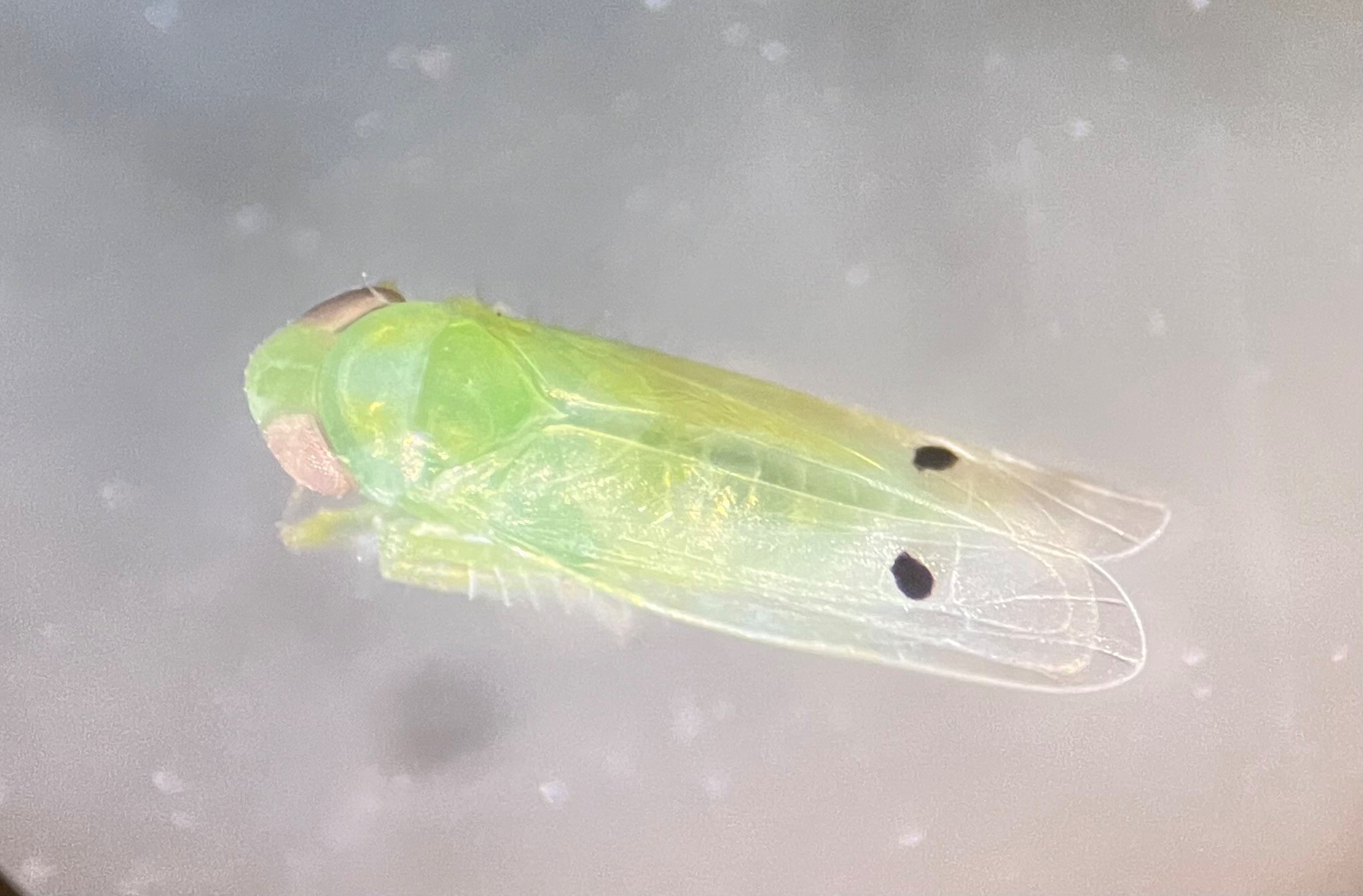 Takeaways The cotton jassid, Amrasca biguttula, also known as the two-spot cotton leafhopper, was first detected on okra in early July in Seminole County, which perches at Georgia’s far southwestern border abutting Florida and Alabama. Within weeks, the pest had spread north from Florida and surged across most of Georgia’s cotton-producing counties. New pest to […]
Takeaways The cotton jassid, Amrasca biguttula, also known as the two-spot cotton leafhopper, was first detected on okra in early July in Seminole County, which perches at Georgia’s far southwestern border abutting Florida and Alabama. Within weeks, the pest had spread north from Florida and surged across most of Georgia’s cotton-producing counties. New pest to […] -
 Arch Smith, retired 4-H state leader who has served the organization for 40 years, was honored with the 2025 Georgia 4-H Lifetime Achievement Award at the 4-H Gala on August 23.
Arch Smith, retired 4-H state leader who has served the organization for 40 years, was honored with the 2025 Georgia 4-H Lifetime Achievement Award at the 4-H Gala on August 23. -
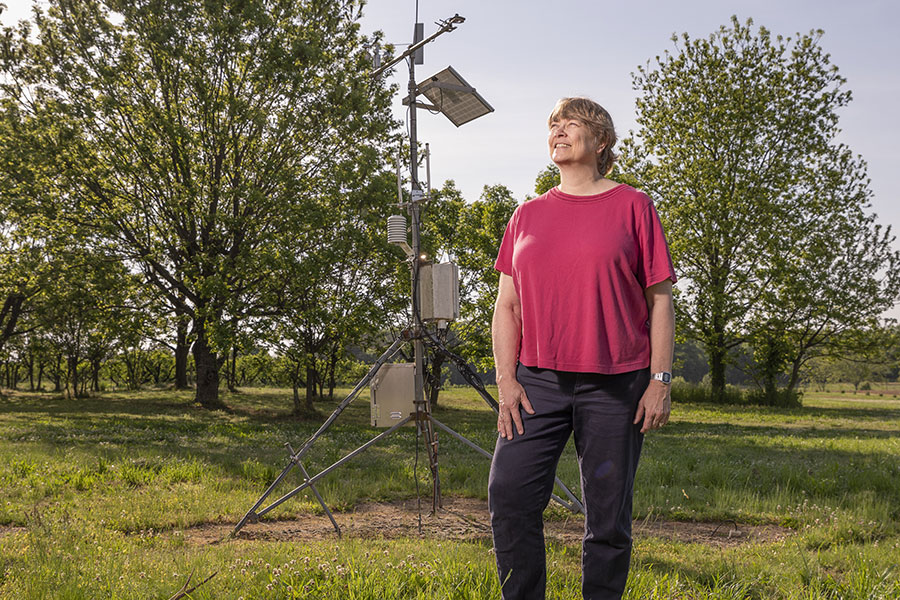 Agricultural climatologist Pam Knox helps connect science to everyday life for farmers and communities.
Agricultural climatologist Pam Knox helps connect science to everyday life for farmers and communities.
Expert Resources
-
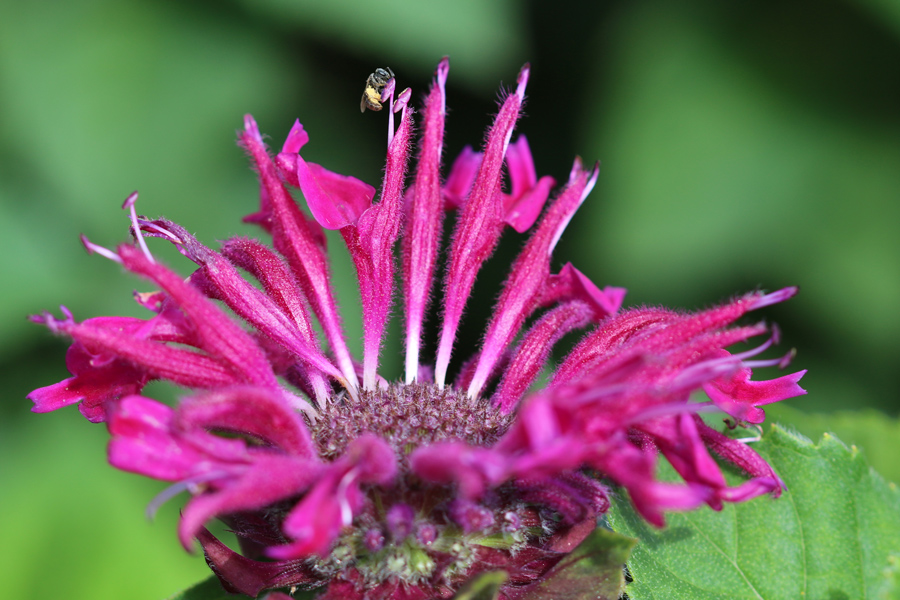 Monarda, commonly known as beebalm, is a North American perennial naturally found in woodlands, meadows, and floodplains. Aside from its aesthetics, beebalm offers environmental benefits, as its flowers, seeds, and shoots provide forage and habitat for many species of wildlife, including insects and birds. This publication covers the results of performance trials for 10 popular Monarda plants in the montane and piedmont (i.e., northern) Georgia regions.
Monarda, commonly known as beebalm, is a North American perennial naturally found in woodlands, meadows, and floodplains. Aside from its aesthetics, beebalm offers environmental benefits, as its flowers, seeds, and shoots provide forage and habitat for many species of wildlife, including insects and birds. This publication covers the results of performance trials for 10 popular Monarda plants in the montane and piedmont (i.e., northern) Georgia regions. -
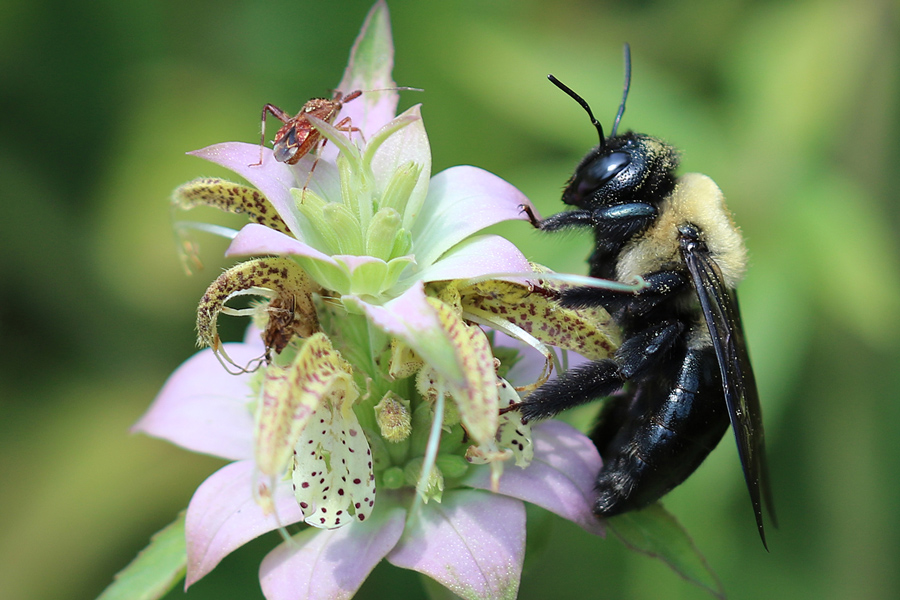 Monarda (beebalm) is a North American perennial naturally found in woodlands, meadows, and floodplains. It offers environmental benefits, as its flowers, seeds, and shoots provide forage and habitat for many species of wildlife, including insects and birds. This publication covers more details from our trials on 10 popular Monarda plants, this time focusing specifically on their floral properties.
Monarda (beebalm) is a North American perennial naturally found in woodlands, meadows, and floodplains. It offers environmental benefits, as its flowers, seeds, and shoots provide forage and habitat for many species of wildlife, including insects and birds. This publication covers more details from our trials on 10 popular Monarda plants, this time focusing specifically on their floral properties. -
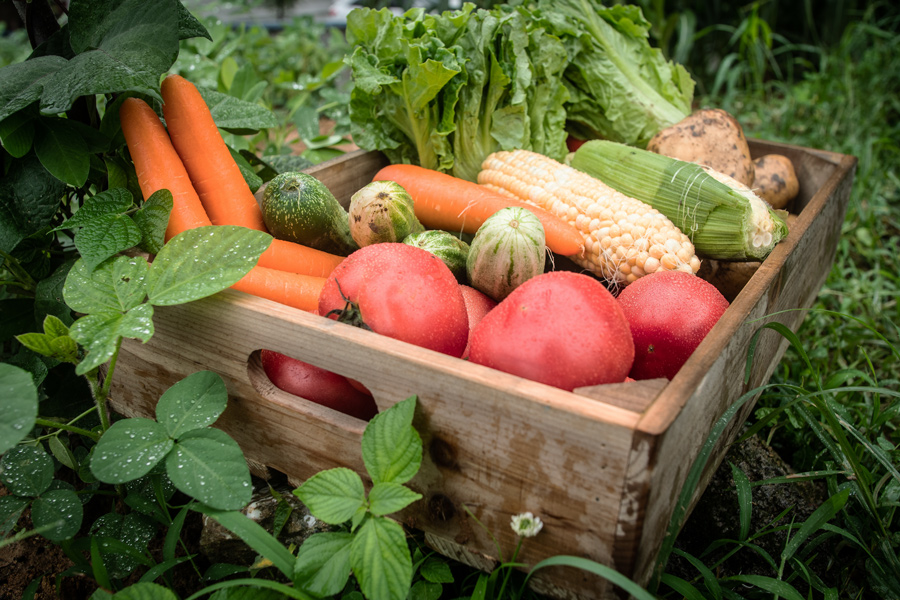 This publication lists vegetable variety recommendations for the state of Georgia. Most of these varieties have been trialed and grown successfully in the state. These are not the only varieties that can grow well in Georgia but provide new gardeners with a starting point to increase their chances of success. Gardeners may need to search print catalogs and online to find the vegetables they are looking for, as local garden centers may not always carry the varieties listed here.
This publication lists vegetable variety recommendations for the state of Georgia. Most of these varieties have been trialed and grown successfully in the state. These are not the only varieties that can grow well in Georgia but provide new gardeners with a starting point to increase their chances of success. Gardeners may need to search print catalogs and online to find the vegetables they are looking for, as local garden centers may not always carry the varieties listed here.